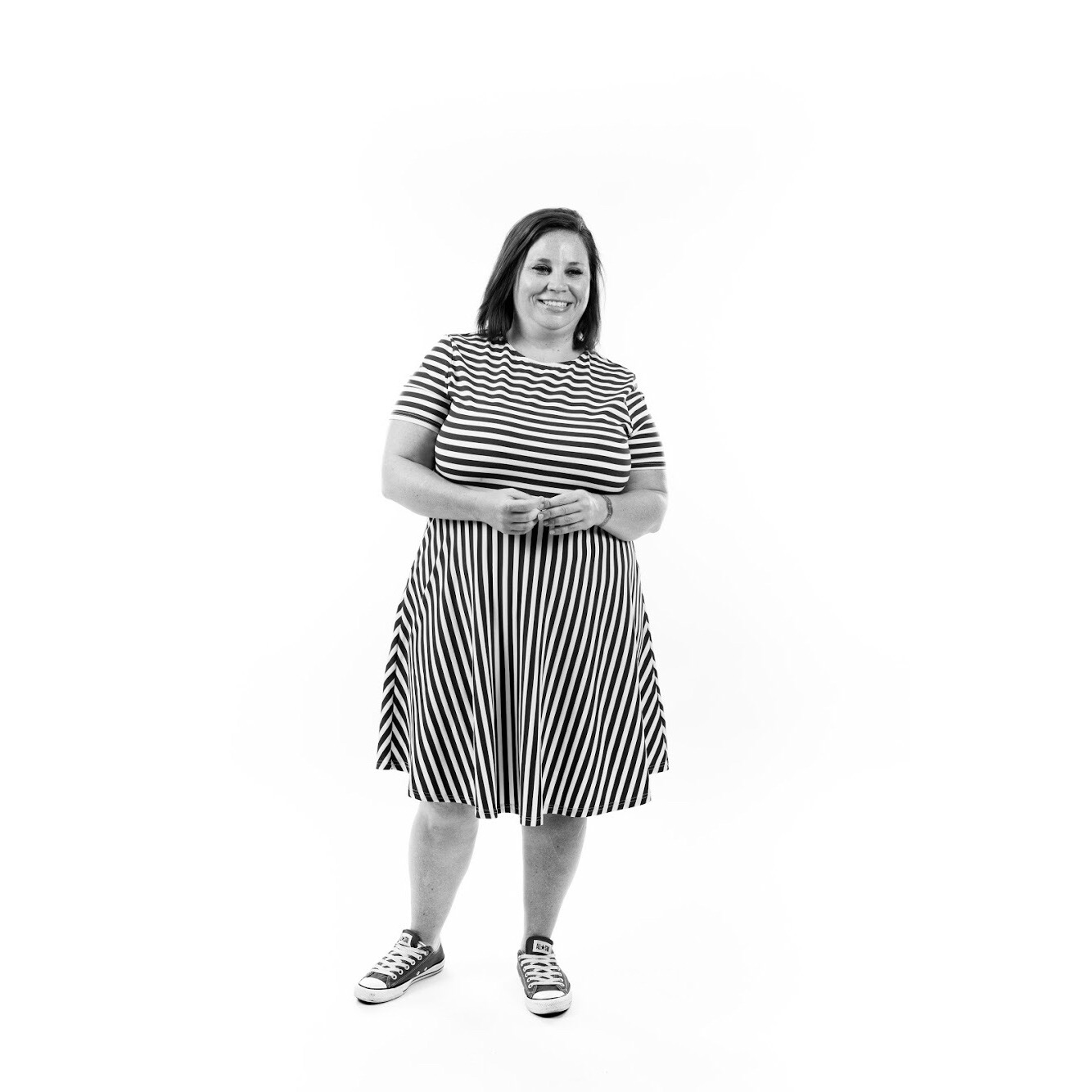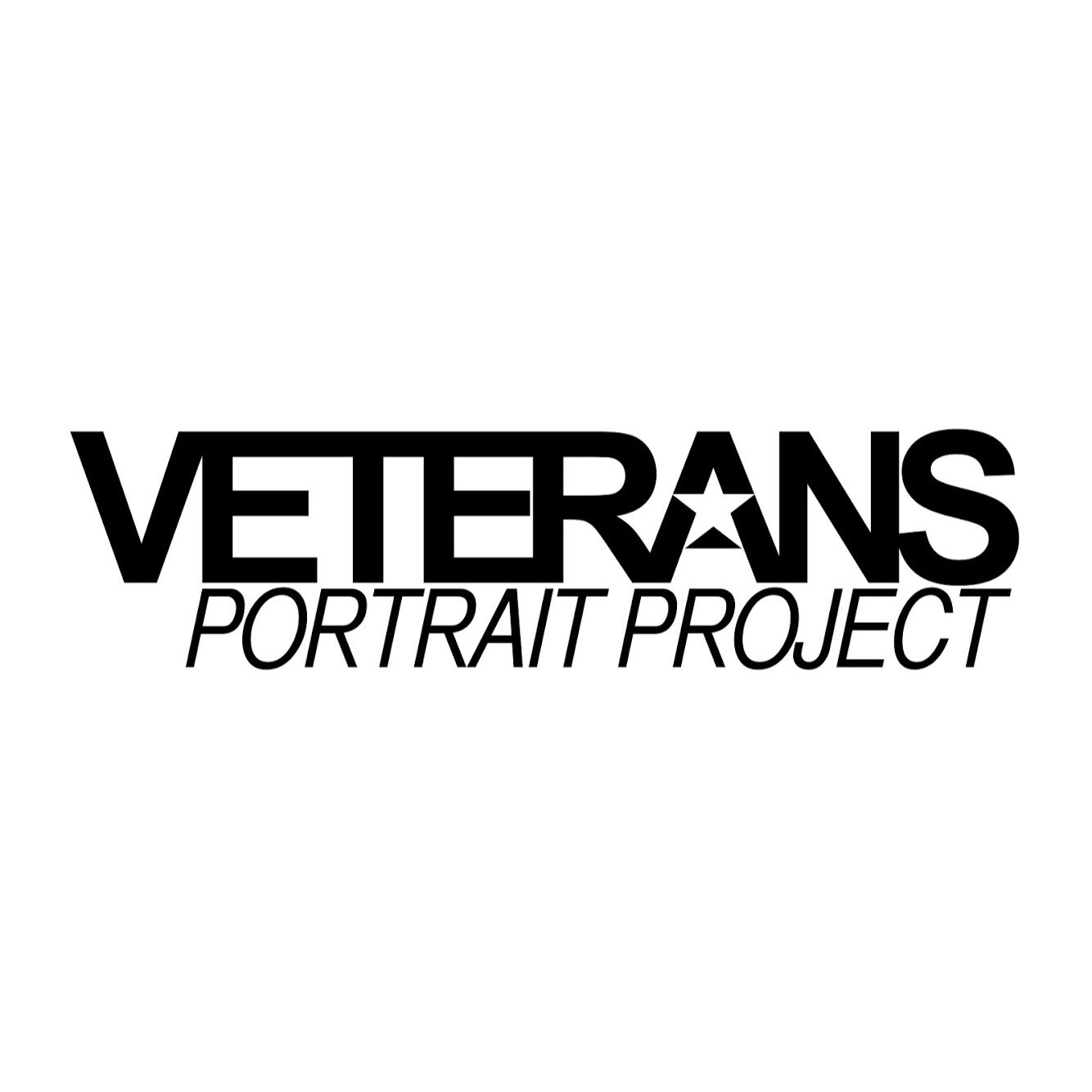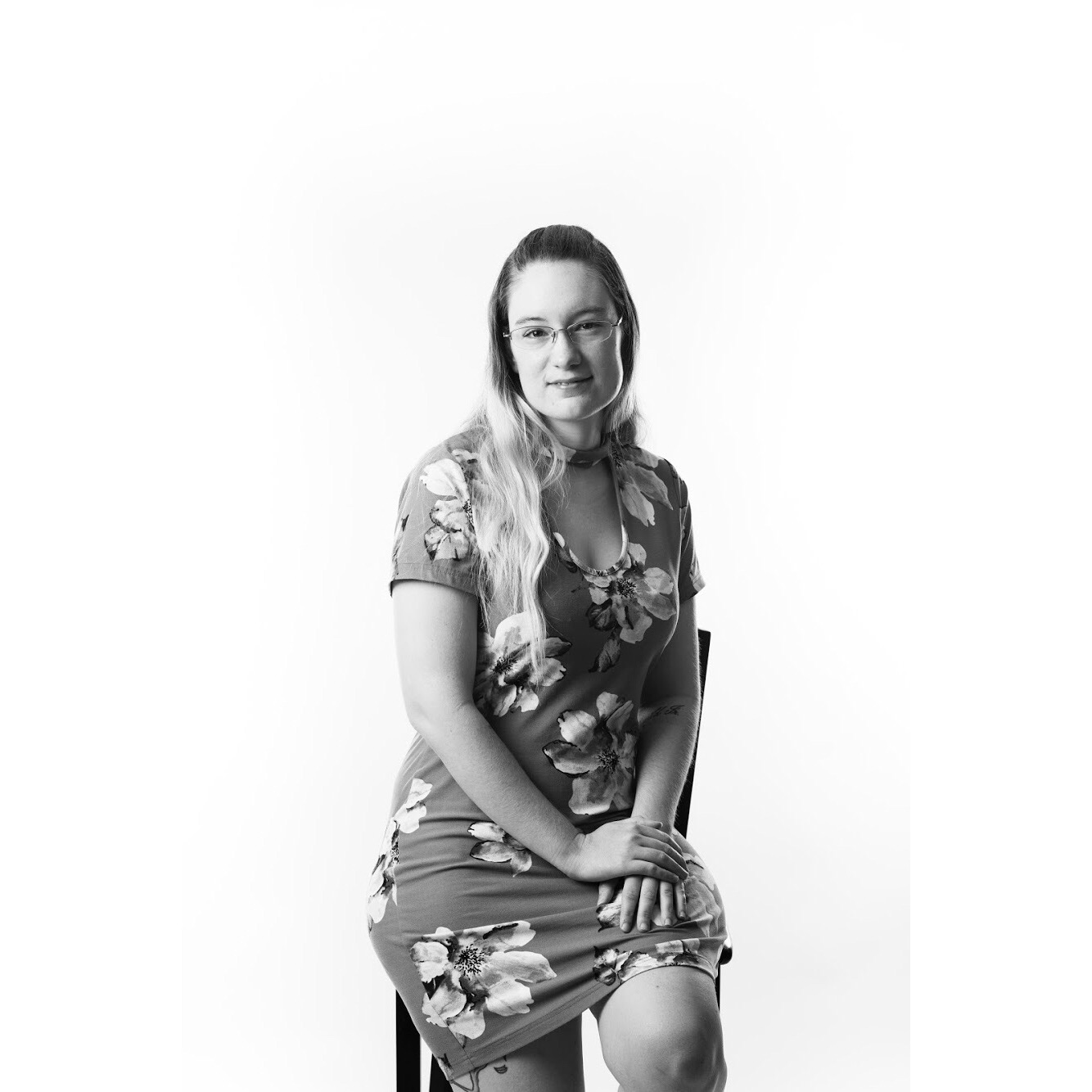Branch: Navy
Duty: Aircraft structural mechanic
Emily Wunderlich
Kathryn “Katie” Benton always knew she could put someone in their place in three words or less.
“I don’t know where you get it from,” her mom used to tell her.
Little did she know that skill would prove useful in the U.S. Navy., and later in the Military and Veterans Success Center at USF St. Petersburg.
A decade of service
At 26, Benton was the same age as most officers in boot camp, which is one reason she says they didn’t scare her.
“I respected the rank but I didn’t fear them,” she said. “I didn’t back down from a man trying to intimidate me when I knew I was capable, but I was also aware of my skill set and my capabilities.”
When Benton enlisted in September 2003, she wanted to be a hospital corpsman, but there were no openings for women. Instead, she applied to work aviation maintenance. As a woman, she had to wait a year for that position.
“All my life, I’ve been in a man’s world and assumed that I can’t do something or that I don’t know about something, whatever the case may be, that I’m not mechanically inclined,” she said. “I have to work harder just to be perceived as average.”
At her station in Brunswick, Maine, Benton’s job as an aviation structural mechanic was to fix “anything that wasn’t electronic or the engine” – from hydraulics, tires, brakes and landing gear to metal, windscreens and floorboards. Sometimes she would even have to get inside the wings to repair fuel tanks.
Benton specialized in the P-3 Orion, a four-propeller plane commissioned for submarine hunting in the Cold War during the 1960s. With specialized cameras, the planes “fly low and slow” for information, reconnaissance and search and rescue. Most recently, P-3 Orions were used in the Hurricane Florence relief efforts.
Although she loves being out on the ocean, Benton was only on a ship once in her 10-year career. When a magnitude 7 earthquake hit Haiti in 2010, Benton spent three months on the USNS Comfort hospital ship rendering aid to survivors.
For the first time in the ship’s history, all seven wards had to be used.
“The hardest part was the children, seeing them injured,” Benton said. “Kids don’t deserve anything like that, they’re just innocent children.”
Benton’s other deployments were spent mostly on land. A six-month deployment in Italy allowed her to travel to France, England, Spain and Malta, and another deployment in Qatar allowed her to visit Bahrain in the Middle East.
“It was a decision that was good for me because I don’t mind being uprooted and moved around every so often,” she said. “I get restless.”
But perhaps the most rewarding work Benton did was at the National Naval Medical Center in Bethesda, Maryland. There, she served as a liaison for injured service members and their families.
“I didn’t realize how stressed I was because I loved what I was doing,” she said. “I didn’t personally see combat, but I saw firsthand the devastation that it causes.”
For many under her care, Benton was the one who saw them eat, walk or get out of bed for the first time since their injuries.
“These kids just bounce right back,” she said. “I never knew these people before, so I met them at their worst and every day I saw them get better.”
Benton recalls when the hospital merged with the Walter Reed Army Medical Center in 2011.
“It was dubbed ‘The President’s Own Hospital’ because if the President were to need care above and beyond what was offered at the White House, then he would have to go to the naval medical center,” she said.
The Walter Reed National Military Medical Center is now one of the largest Veterans Affairs hospitals in the country — so large, Benton said, that its hallways had to be given street names to help people get around. It is also where retired senators and congressmen seek medical treatment.
For Benton, the military taught her more about the world than it taught her about herself.
“People don’t realize how much these families sacrifice,” she said. “They’re caregivers for those who are injured. Kids have to grow up with that, (to) see mom or dad leave and come back another way.
“I knew that was what I continued to continue to do — to work with veterans.”
Life after the military
After retiring from her post in 2013, Benton moved back to her home state of North Carolina, where she worked in private aviation for three years. She wasn’t sure where she wanted to attend school, but after a visit to Florida, her mind was made up.
By the end of 2016, she had moved here permanently and enrolled at USF St. Petersburg, where she is pursuing a degree in interdisciplinary social sciences.
“I’m a jack of all trades and a master of none,” she said. “Now I just have to get a piece of paper that says I’m intelligent and capable.”
At first, Benton was anxious about having classes with people significantly younger than her.
“A lot of them developed quite differently than I did growing up,” she said.
But she was relieved to find that it was much less conflicting than she’d expected. As a veterans success specialist, Benton oversees 19 work study students and acts as a “right hand man” to Milton White, coordinator of the Military and Veterans Success Center.
“People always assume that I was not in the military,” she said. “But I’m actually really good at what I do.”
At the MVSC, the first thing you hear upon walking in is “Welcome home.” Benton makes the center feel that way by bringing in a home-cooked meal every week, like the “Katina” bowl her family named after her, made with cilantro-lime black bean rice, Cuban-style pork, pico de gallo and sour cream.
“Food has been a trend everywhere I’ve gone because I love to cook,” she said. “That’s how I show love.”
Growing up
If Benton was proud of her service, her dad was over the moon.
Of the four children in her family, Benton was the only one to enlist. Her father was drafted in the Vietnam War but was discharged two years later because he was legally blind.
“He would love to have had a military career, so he lived vicariously through me,” Benton said.
Growing up with three brothers taught Benton “how to handle boys.”
“They made fun of me if I got emotional,” she said. “I would wrestle with them and I always had to respond in a strong way to get them to stop that behavior.”
Benton’s parents divorced when she was 3. By the age of 5, she was making boxed mac and cheese and doing her own laundry. She quickly learned to become self-sufficient because her mom, who owned a dance studio, was constantly busy with work.
“I had freedom, or lack of parental supervision,” she said. “If I wanted to watch something on cable I wasn’t supposed to watch, I didn’t have someone who told me not to.”
In a sense, that independence helped Benton re-adjust to life after the military because she had already been a civilian for eight years before she decided to enlist.
But that same independence also posed a challenge when it came to interpersonal relationships.
“It has made me almost incapable of asking for help,” she said. “When I have a problem, I tend not to talk about it and I try to fix it myself.”
A man’s world
To succeed in “a man’s world,” Benton encourages women to be assertive, stand up for themselves and prove themselves through their work.
“Unfortunately, there are situations where women try to get advanced through being promiscuous, which makes it harder for those of us that don’t get promoted that way,” she said. “My assertiveness, administrative skills and lack of intimidation were the three key components that got me the respect that I deserved.”
Benton also emphasized that even though she always strived for improvement, she knew what she could handle and didn’t “try to swim out too far.”
“It’s hard to teach someone assertiveness if they don’t have that confidence, but you have to be confident in who you are and not let someone tell you (that) you can’t do something,” she said.
Photo courtesy of Stacy Pearsall (resized for web)




Impressive, very impressive
I am a Wounded Warrior supporter that helped Kathryn Benton in DC. I ask that you give her my info so she can contact me.